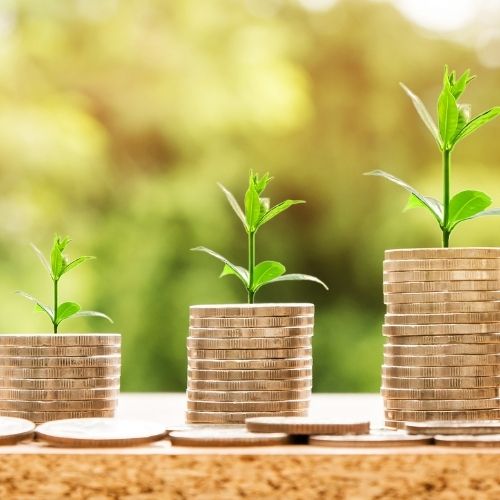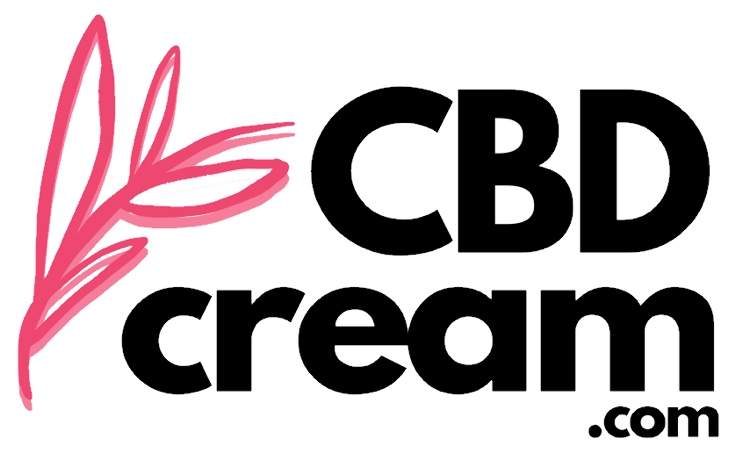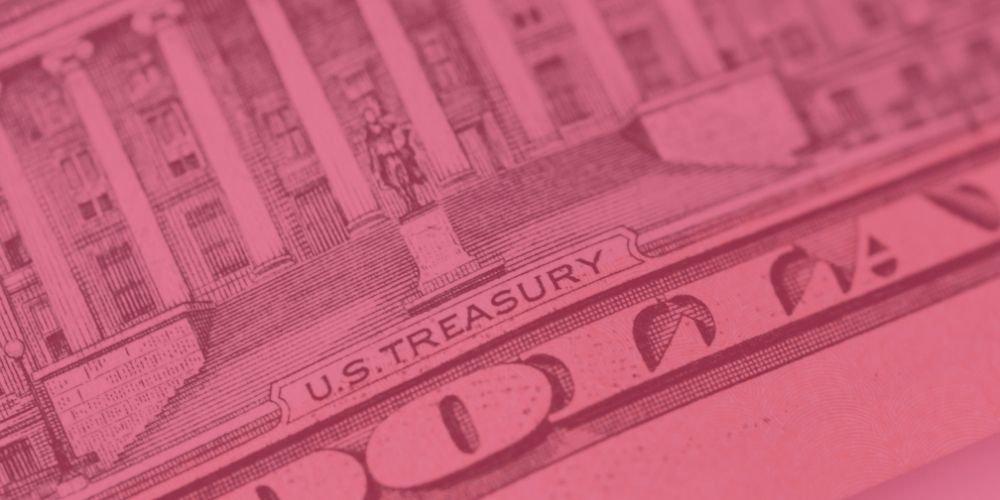Most CBD creams and other CBD topicals cost at least $30 and vary from there, up to $70 or more. Depending on what’s in those CBD creams, it may be worth a lot more—but pay attention to CBD creams priced more than $100. Check first to verify it’s worth it to you before spending the extra money.
Any rapidly growing, budding industry (see what we did there?) will see fluctuating prices as a matter of course. However, even experienced investors can find themselves befuddled by the unique factors that shape the CBD market, let alone ordinary consumers. A better understanding of how quality control of the best CBD creams works and the history of the CBD industry helps make it clearer how prices get set by the market.
So How Much Does CBD Cream Cost, Is It Expensive?
In a word: yes, at least at first glance. For the better-quality options, it’s not like buying hand lotion at the corner store. Ask around if you doubt it, or try some cheaper versions—although we don’t recommend relying on them for much.
It takes a pretty bold salesperson to insist that their super cheap CBD cream is the absolute best option on the market, but that won’t always stop them.
So why are CBD topicals so pricy?
Lousy Products, Conmen, and Sketchy Claims
Most CBD creams are amazing, but there are lots of disreputable CBD sellers, products, and manufacturers out there, too. They price their products higher than they deserve—not because more quality, love, care, thought, organic hemp or technology went into their idea, product, or design, but because the market will bear it, at least for now.
But this kind of CBD seller is untrustworthy, leaving the entire industry with a worse reputation. And by downright lying about products, or at least over-hyping them, they also drive prices higher and put the efficacy of all CBD creams for chronic pain and everything else in doubt. The Food and Drug Administration (FDA) is not exactly riding to the consumer’s rescue here.
What Are the Effects of CBD Products?
Exactly! This is the real reason why people are willing to pay so much for the best full-spectrum CBD products.
CBD treats pain because of the endocannabinoid system (ECS). The ECS manages how the body manages inflammation and processes pain. CBD and other phytocannabinoids interact with the ECS via the cannabinoid receptors.
CBD has sleep-enhancing, neuroprotective, antioxidant, anti-inflammatory, anticonvulsant, and analgesic properties. Research supports using CBD products to treat joint pain and inflammation, and for more basic pain management such as for back pain.
The hemp plant naturally contains at least trace amounts of all cannabinoids and terpenes, including THC and CBD, but also CBC, CBG, and CBN, and other natural components. When all of the terpenes, cannabinoids, and other phytocompounds in cannabis or hemp are allowed to work in the body together, they both improve the efficacy of THC and reduce some of its worst side effects thanks to the entourage effect.
However, even full-spectrum hemp extract products cannot get anyone high. Even so, if this concerns you, opt for a broad-spectrum CBD topical or a pain relief cream with CBD isolate.
Reefer Madness: The Lasting Effects of Prohibition
It’s always more expensive to get anything that is illegal because it’s just plain harder and riskier to get. This basic law of supply and demand affects the CBD industry.
Cannabis prohibition has shaped our culture in so many ways, from disproportionate enforcement and mass imprisonment on down. And the need for a black market for cannabis meant that there would always be people exploiting consumers and driving prices unrealistically high—because there was no one to stop them.
Decades of prohibition still affect the CBD and larger cannabis markets despite recent critical changes in the law. Costs are still higher for online cannabidiol sales due to the lasting stigma of criminality still associated with cannabis and hemp.
The federal status of cannabis, which is still essentially uncertain, remains a huge obstacle for CBD at the federal level. The CBD market is more tumultuous than it needs to be thanks to things like bags of cash in dispensaries and confusion surrounding banking legislation. As credit card processors, investors, lending banks, and online finance providers perceive CBD brands and other cannabis businesses as a risk, this worsens the money problem. Convincing the international markets that the demand for CBD brands and cannabis as a whole will be steady and lasting is taking time.
Supply chain issues aren’t great for any industry these days, but they’re even worse for cannabis and CBD, thanks in substantial part to a confusing regulatory structure and inconsistent oversight.
And although consumers can expect further market fluctuations as the recreational cannabis and CBD markets fuse at the federal level, this may also have a stabilizing effect on prices eventually. Consumers of things like CBD lotions and CBD salves for pain and soreness are likely to be among the first to benefit from better prices.
How Much Does Pure CBD Cost?

First of all, where did that hemp come from? States like Colorado and Kentucky are well-known for being the best sources of organic, USA-grown hemp. Products made from hemp sourced in these states might cost more.
How much CBD costs also depends generally on its purity. CBD tincture, for example, is frequently diluted with MCT oil or hemp seed oil, which may improve the overall product while reducing its purity or concentration. Certain production and extraction techniques also produce purer forms of CBD oil and CBD cream.
Many people use “CBD isolate” and “pure CBD” as if they mean the same thing, but CBD isolate and “pure CBD” aren’t necessarily interchangeable. CBD isolate is simply the cannabidiol molecule, alone, in that product, usually in powdered form. Still, many would argue that a natural, organically-grown, hemp-derived, CBD-rich oil is also “pure.”
The price of a CBD product will also vary depending on which extraction method was used. Ethanol extraction is less costly but less safe. CO2 extraction delivers quality CBD cream free from residual solvents, but it costs more. Of course, it’s important not to trust anyone who sells inferior flower or extracts of any kind. It takes time, effort, and money to process cannabis plants the right way.
CBD Cream Type
Certain varieties of CBD cream typically cost more than others. Full-spectrum and broad-spectrum CBD products from high-end growers or highly processed isolates that demand lots of time may cost more. Always be aware of the form your CBD will take before you buy. No one likes something “wrong” showing up in a package.
Look for other minor cannabinoids as well as terpenes in your CBD cream, too. And many have other natural ingredients to boost your health. In fact, the best CBD creams for pain all tend to have excellent additions alongside CBD. Another thing that heavily impacts price is what else is in the CBD topicals you buy!
Check out the label and assess the other botanicals. For example, CBD balm made with skincare ingredients such as aloe vera, beeswax, jojoba oil, shea butter, vitamin E, or coconut oil for moisturizing relief might cost more as these high-quality ingredients are proven to work. If a CBD balm includes camphor, menthol, or arnica for anti-inflammatory and pain relief, it is again likely to cost more, as those ingredients have known benefits.
Is the product scented with essential oils like eucalyptus for respiratory benefits or peppermint to lift your mood? If so, the source and type will affect price. For example, if they are all organic and non-GMO, they may cost more than standard artificial fragrances.
Production Specifics
If your CBD cream meets certain standards for high-quality production, it may cost more. For example, CBD tincture or cream may be higher priced if it is:
- CO2-extracted
- Batch-tested
- Non-GMO
- CGMP-certified
- Fairtrade certified
- USDA certified organic hemp
- USA-grown hemp
- Or in any other way has special certifications or processes that inflate its cost
But it’s not just a higher cost—it truly does take more resources for well-paid people to produce high-quality CBD cream from healthy cannabis plants and other organic ingredients. Not every tub of topical CBD cream you find in the random retail store has that going for it.
And remember, never even consider any CBD products from gummies to topicals without checking the certificates of analysis (COAs). Those third-party lab test results allow you to compare what’s under the hood and get more for your money. They also help you confirm your mg of CBD per dose, and verify that you’re not consuming heavy metals, pesticides, molds, or anything else you don’t want.
(And if you’re choosing a THC-free topical CBD product, they confirm that’s just what it is by revealing the amounts of THC in the actual product in your hand—and that’s also pretty important.)

Taken in context, CBD cream is actually not that costly. It’s just that anything this process-heavy in this kind of market is going to go through some changes. But even if we’re currently experiencing a CBD market bubble, it’s not going to totally burst. Consumers value what they get from CBD and other cannabinoids and how it impacts their wellness, bottom line. So even if substandard products fall away once demand calms a bit, all the better. Only the best quality products will be left to choose from.


